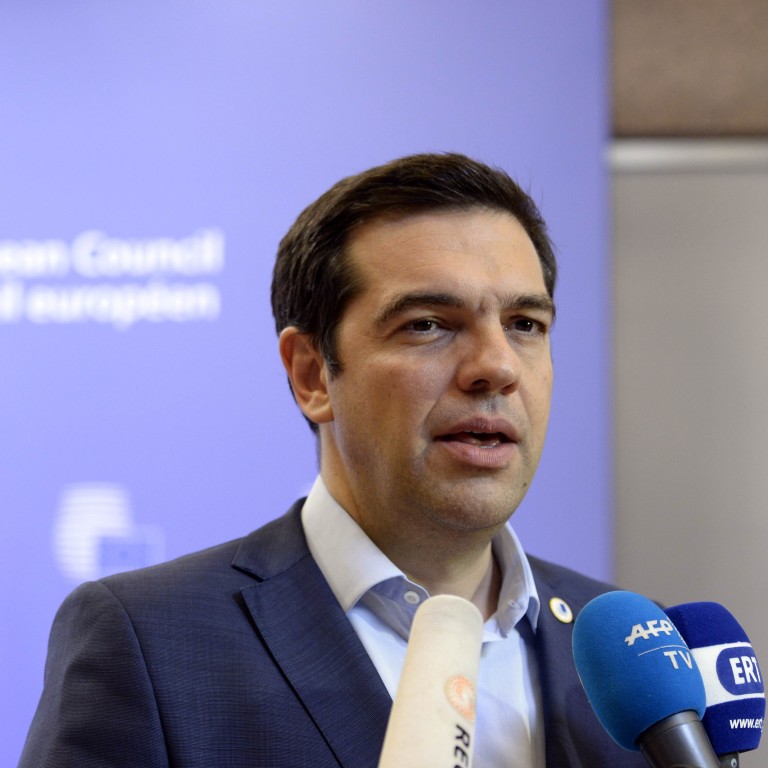
Greeks deserve a better deal from their so-called partners in euro zone
The European Union's guiding principles of cooperation and consensus were barely in evidence during the marathon negotiations to bail Greece out of near-bankruptcy and keep it in the euro zone. Greek Prime Minister Alexis Tsipras should have been treated as a partner, but instead was bullied into accepting an unreasonable deal, the chief protagonist being German Chancellor Angela Merkel. Her insistence on tough terms put her at odds with France and Italy, which had sought softer conditions, creating splits among leaders. That has led to anger, resentment and further uncertainty.
Greece, which voted in a referendum against the austerity policies of lenders and promised by Tsipras that the decision would be upheld, instead has to face even tougher times. In return for up to €86 billion (HK$740 billion) in bailout funds over three years, reforms implemented in two rounds since 2009 to cut into more than €300 billion of debt will be deepened, causing further hardship for Greeks. To ensure emergency funds for the banking sector and prevent a default on a key payment to the European Central Bank due on Monday, parliament has to approve by tonight a rigid timetable of measures including value-added tax, cuts to the budget and pensions and a fund to sell off public assets. The prime minister, elected five months ago on a wave of anti-austerity populism, has no choice but to push for approval and now faces a backlash that could cost him his job.
Political turmoil is not what Greece needs. Nothing is resolved by the EU's deal; it only delays the country's problems and they will have to be revisited in months or a year or two. The only positive development is that sorely needed structural reforms of the economy are more likely.
But it is doubtful under the terms of the latest deal that Greece will be able to pay off what it owes. If EU leaders had opted for a restructuring of debts and less harsh terms, the economy would have had a chance to more quickly grow. That, in turn, would have given the EU a better chance to balance its books. As it is, Greece will continue to barely be able to pay the interest, let alone the principal.
The deal keeps Greece in the euro zone and the EU, which is good for all concerned. But the manner in which it has been reached has caused a serious rift among Europeans from north to south and east to west. Further negotiations have to ensure a single voice and a common goal.

